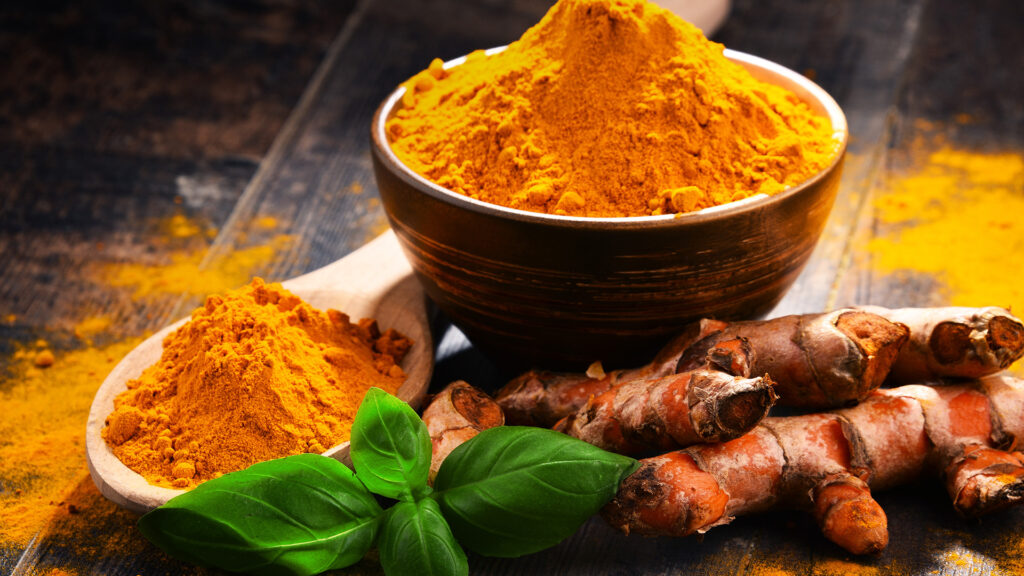How to Boost Your Immune System: Foods and Habits That Help

If you’re like many Americans after the past 4 years, you might be thinking about how to boost your immune system. Maintaining a strong immune system is crucial for keeping up with our daily responsibilities, especially for busy parents juggling work and family life. Amid this hustle, it’s important to prioritize our health and wellness. This blog post delves into natural ways to enhance your immune system, highlighting the role of specific foods and habits. It’s about finding balance and building a resilient body through nutritious choices, so we’re here to help you discover comprehensive strategies to strengthen your immunity and embrace a healthier, more balanced lifestyle. Remember, while supplements can be beneficial, they should complement a healthy lifestyle, not replace it. Embrace Foods Rich in Vitamins and Antioxidants Citrus Fruits: Lemons, oranges, and grapefruits are packed with Vitamin C, known for its immune-boosting properties. Incorporating these fruits into your diet can be as simple as having a glass of freshly squeezed juice in the morning. Garlic: The antibacterial and antiviral properties of garlic are attributed to compounds such as allicin and alliin. While not a substitute for medical care, these compounds have been reported to be effective against a wide spectrum of viruses and bacteria. Ginger: Ginger is celebrated for its potential to support the body’s natural inflammatory response. It may be a comforting addition to your diet when experiencing a sore throat, thanks to its soothing properties. Try incorporating ginger into your tea, soups, or as a spice in various recipes for a flavorful twist. Spinach and Dark Leafy Greens: Rich in Vitamin C, antioxidants, and beta carotene, these foods help enhance the immune system’s natural defense mechanisms. They’re best when cooked as little as possible to retain their nutrients. Yogurt: Look for yogurts that have “live and active cultures” printed on the label, like Greek yogurt. These cultures may stimulate your immune system to help fight diseases. Almonds: Full of vitamin E, a key nutrient for maintaining a healthy immune system, almonds are an easy snack to keep you going throughout the day. Habits That Strengthen Your Immune System Regular Exercise: Engaging in moderate, consistent exercise like brisk walking or daily yoga sessions can lead to a sustained enhancement of your immune system. Regular physical activity is key to building and maintaining a robust immune response over time. Adequate Sleep: Ensuring sufficient sleep is critical for immune health. Strive for 7-8 hours of quality sleep each night to support your body’s natural repair processes and bolster your defenses against illness. Hydration: While hydration doesn’t directly shield you from pathogens, maintaining proper fluid balance is vital for overall health. Ensure you’re drinking enough water and other fluids throughout the day to support bodily functions. Stress Management: Effectively managing stress through techniques like meditation, deep breathing, and mindfulness is essential for maintaining a healthy immune system. Reducing stress levels helps in keeping your immune response strong and balanced. Limiting Alcohol and Smoking: Reducing or eliminating alcohol consumption and smoking is crucial for immune health. Both habits can have detrimental effects on the immune system, so cutting back or quitting can significantly enhance your body’s natural defenses. Supplements: A Helping Hand While a balanced diet is key, supplements like Vitamin D, Zinc, and Elderberry can fill in the gaps. Always consult with a healthcare provider before starting any new supplement regimen, especially if you have underlying health conditions. By incorporating these immune-boosting foods, supplements, and habits into your daily routine, you can strengthen your body’s natural defenses. Remember, the key to a healthier, more vibrant life lies in a balanced approach to diet and lifestyle. Embrace these natural wellness strategies, and give your immune system the support it needs to keep you thriving. Stay informed, stay healthy!
